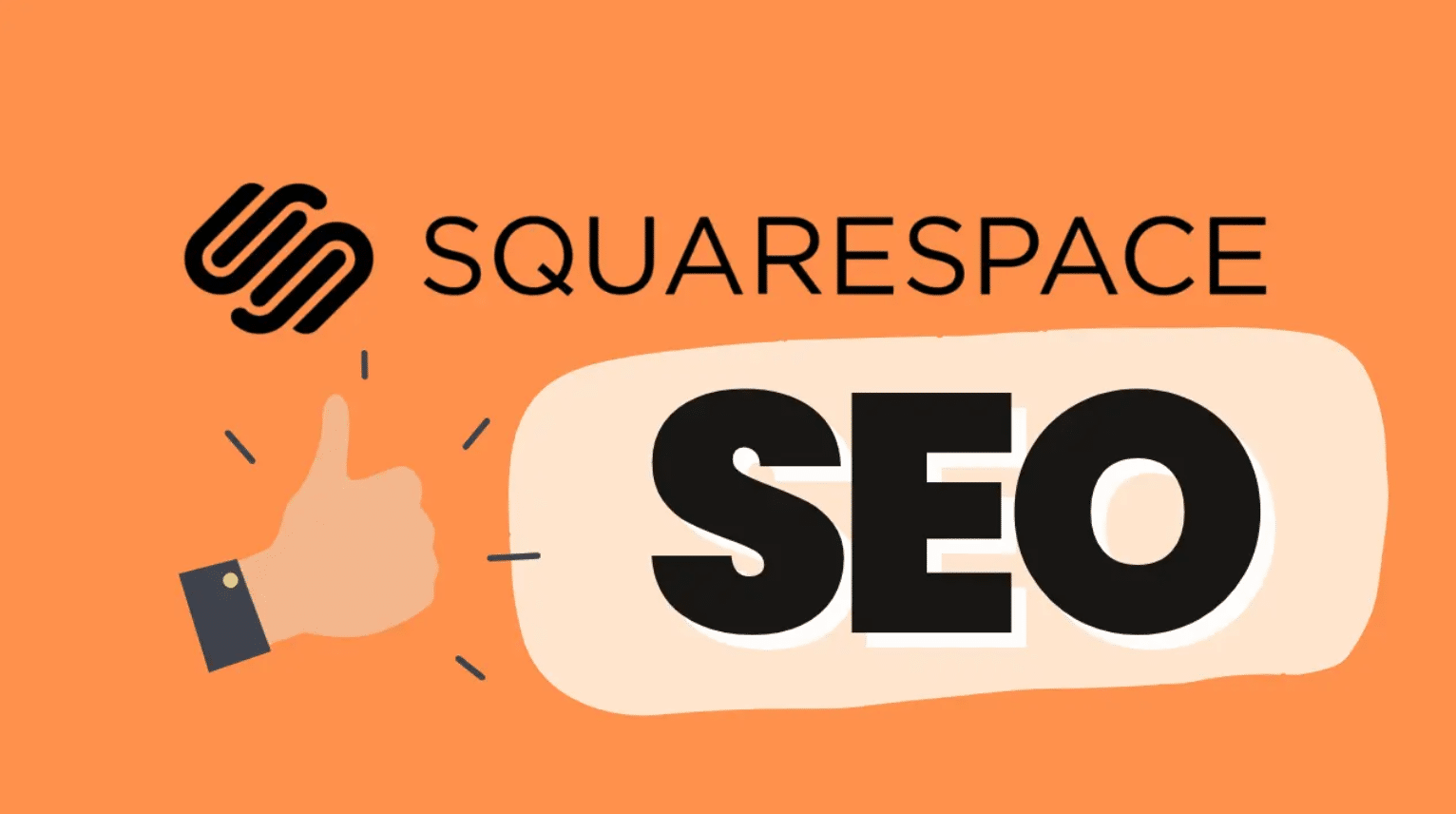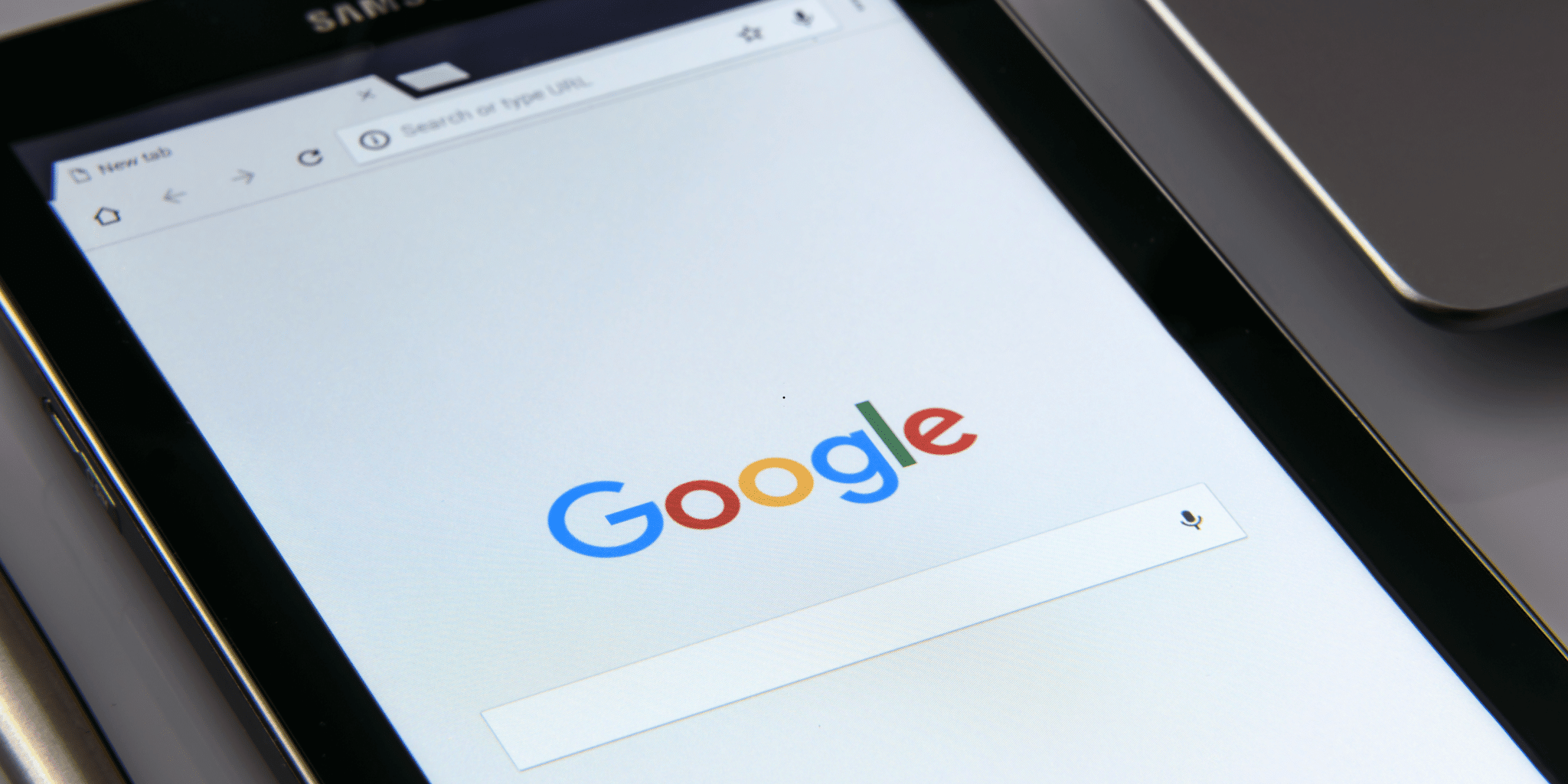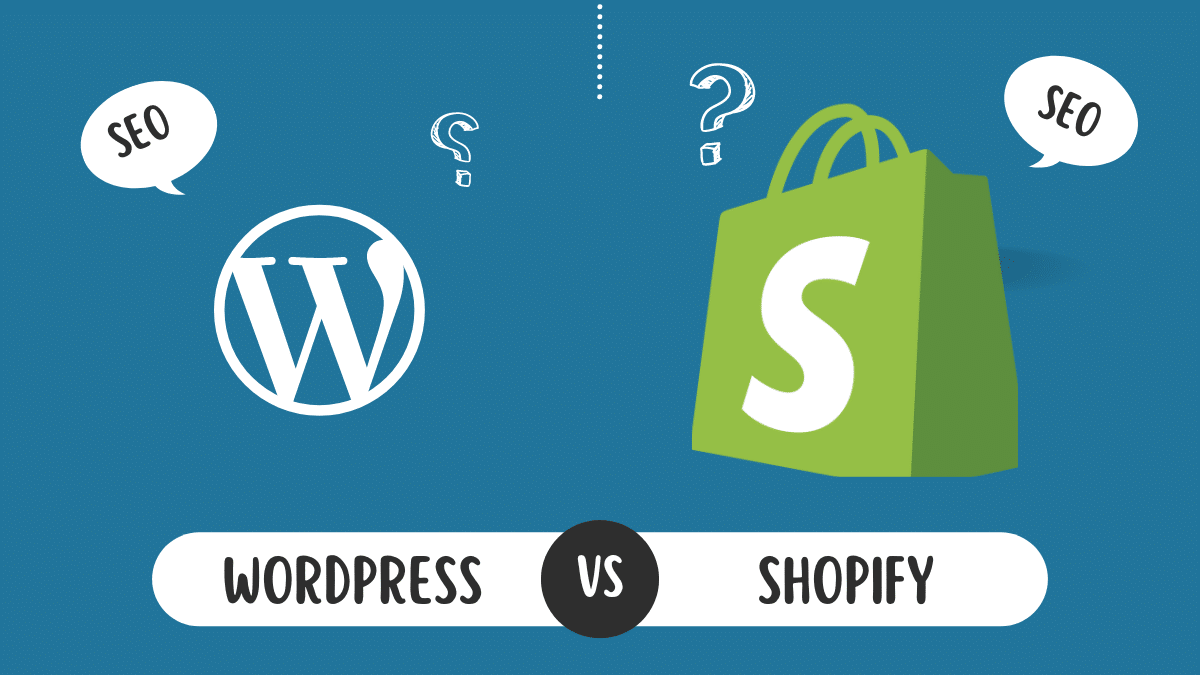Nowadays in the digital world, a high level of online presence is a necessity of any business. No matter what your local coffee shop or a countrywide service provider is, it is your webpage that is often seen by a potential customer as the first impression. Web design is not merely a question of making a web site look good, but it is an effective tool to grow, gain trust, and sell. We shall explore the role of web design in ensuring business success.
First Impressions Matter
A Website Reflects Your Brand
Within a few seconds, the visitor has a feeling about your business when he lands on your site. Prepared and professional, clear and attractive sites indicate that your business is reliable and serious. Conversely, a chaotic or faulty site may send away visitors regardless of how good your product or service may be.
Design Builds Credibility
Research indicates that consumers evaluate the authenticity of a company on the basis of how its web site is designed. Such factors as consistent branding, quality images, user-friendliness and fonts make the people have a perception of your business.
Improved User Experience (UX)
Easy Navigation = Happy Customers
The proper web design ensures easy search by the user of what they seek. Clarity of the menus, logical layout of the pages and searching are all user-friendly. Having a customer who is able to maneuver your site without getting frustrated will want to remain longer in the site -and make a purchase.
Mobile Responsiveness is Key
Mobile devices contribute to over 60 per cent of web traffic. Your site is not mobile friendly, and, probably, you are losing potential clients. A responsive design is used to make sure that your site would be viewed and working properly at any screen resolution, whether smartphone, tablet, or desktop.
Boosts SEO and Visibility
Clean Code and Fast Load Times
Google and other search engines prefer websites that can load fast and are well coded. Optimized images, clean HTML/CSS, and proper structure are some of the ways through which good web design contributes to light performance and your site may be ranked higher in search results.
SEO-Friendly Design Elements
Web design and SEO are inseparable.
A properly-constructed site has such features as:
- Effective utilization of header tags (H1, H2, etc.)
- Streamlined pictures that have alt text.
- Meta descriptions
- Internal linking.
All these contribute to the search engines to interpret and rank your content more ranking to generate more organic traffic.
Increases Conversion Rates
Call-to-Actions (CTAs) That Work
Web design has an effect on the way and when people act upon your site. There are strategically placed CTAs such as: Buy Now, Schedule a Call or Sign Up that direct the user to the next step. The effectiveness of these CTAs is influenced by design features such as the use of contrasting colors, white space, and placement of buttons among others.
Trust Signals for Conversions
Such characteristics as testimonials, security badges, and explicit returns policies ensure customers that they are safe and secure when making a purchase or providing personal data. These design decisions create a sense of trust which is important in the transformation of visitors into customers.
Strengthens Brand Identity
Consistency Across Pages
Using the same colors, fonts, logos, and message throughout your site builds your brand. This will enhance the recollection and credibility of your business among your audience.
Tells Your Story
Good design will be able to narrate your brand story. Using graphics, design, content colouring, etc. your site can project your identity, beliefs and values and what makes you worth a customer to use as opposed to your competitors.
Supports Marketing and Advertising
Landing Pages that Convert
Presuming you are doing online advertisements or emailing, web design will be the key to determining the effectiveness of these campaigns. An attractive landing page has the potential to drastically increase the conversion rates by drawing the attention of the user to a single action.
Integrated with Social Media and Email
The web design also helps in your overall marketing. A properly planned site can connect the various aspects of your online marketing strategy, whether it is in terms of embedded social media feeds or newsletter sign-up form.
Competitive Advantage
Stay Ahead of Competitors
An attractive and high-quality site on the internet can also provide you with a significant advantage over your competitors who may have websites that are old or have not been properly designed. A customer would prefer to associate themselves with a business that appears to be polished and professional.
Adapts to Market Trends
Good design is flexible. Your web site ought to evolve as the behavior of the customers and technology changes. The changing needs of your business and market can be fulfilled through updates, new features or changes to layouts by the web designers.
Saves Time and Money in the Long Run
Reduces Customer Service Inquiries
Properly structured site would respond to the queries of the customers even prior to their raising. Product description, frequently asked questions, contact details, and easy-to-follow instructions will alleviate the pressure on your customer care department.
Easier Maintenance and Updates
A professionally created site is designed in such a way that it is scalable and simple to update. Regardless of whether you have to upgrade a product, introduce a new service, or just open a blog, a quality design will make these modifications very easy and inexpensive.
Encourages Customer Engagement
Interactive Features
Such characteristics as live chat, contact forms, product reviews, blogs enable your customers to communicate with your business. This interaction ensures that the user remains on your site longer and builds more relationships.
Personalized Experiences
It can even get personalized web design. With the help of data tracking and behavior tracking, websites can present content according to the interests of the user i.e. displaying recently viewed or presenting product suggestions according to the interests of the user.






